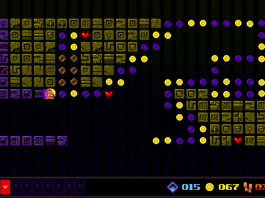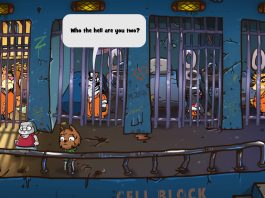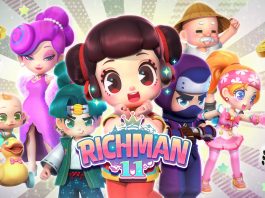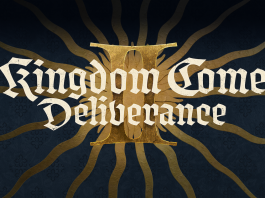With the controversial launches of Anthem and Mass Effect: Andromeda, it’s easy to forget that Bioware were once regarded as masters of the RPG genre. They released hit after hit during the 2000s and are arguably one of the most influential RPG studios to ever exist. It’s heartbreaking to see a pioneer of the genre go through such tough times, so to cheer us up let’s remind ourselves of the magic the studio is capable of.
5. Mass Effect 3
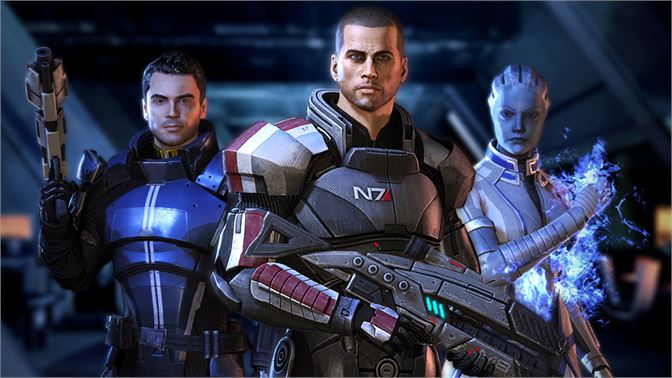
Mass Effect 3 might be a slightly contentious pick. When it originally released, ME3’s ending was widely criticised as it didn’t seem like any of our decisions over the past three games had any consequence. Bioware did release an update to add further cutscenes that could show off what the player’s final decisions meant for the rest of the universe we had invested in so deeply for years. It doesn’t make the conclusion to the trilogy as epic and final as we’d hoped, but it does push ME3 onto this list.
Even with that controversy, Mass Effect 3 is still a joy to play. It’s the best a Bioware game had felt to play and it’s simply a love letter to the series so many had adored for half a decade. Characters fans literally loved were given worthy and touching send-offs. Decisions gamers had made in the very first game would finally get a pay-off, and callbacks to past adventures were present throughout the game, as was the gut-wrenching decisions we had been accustomed to. The atmosphere of finality was palpable. These characters knew they were likely heading to their doom. Parting with them was bittersweet but ultimately it was still beautiful to just spend more time interacting with one of the most fleshed out universes in gaming.

